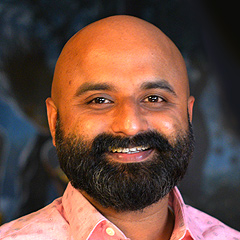My movie is all about Sara's choice and nothing else, says Jude Anthany

Mail This Article
Sara's starring Anna Ben and Sunny Wayne in the lead roles has been creating ripples for its unique theme ever since it got released on a prominent OTT platform. The movie narrates the life of a young woman who doesn’t hesitate to fight for her choices. The theme clashes with the socially acceptable norms and openly challenges the patriarchal notions. While the movie is appreciated by a large group of audience, there are some people who question the morality of it. Meanwhile, director Jude Anthany Joseph is open to both bouquets and brickbats that come his way. In a candid chat with Onmanorama, the film maker opens up about why he had chosen such a unique theme and whether he intends to reply to his critics.
Why Sara’s?
“When I first heard the story, I wasn’t sure whether I should do it. I am a follower of Christianity and was afraid whether the church would oust me. I was worried about my relatives’ reactions too. Though I had no plans to do it in the beginning, I later decided to make this movie as I thought that a film like this should come out, especially since I too have been nurturing such regressive attitudes,” says Jude.
The film maker says his wife couldn’t even imagine a woman who doesn’t like kids, when he narrated the story to her. He then gave her the script and asked her to read it. “After reading the script, my wife changed her opinion. I also gave the script to a few women who I thought sensible. They too liked the script and the theme. So, we decided to start filming. The movie is getting mostly positive responses. Very few people have expressed their disagreement to the theme of the movie. Some people even said that it is my best film so far. Sometimes a magic that astonishes everyone might happen unexpectedly. I think such a magic has happened in this movie’s case too,” notes the film maker.
To those who criticizes
Many had asked the director why Sara couldn’t manage both her career and motherhood simultaneously. Jude says that the protagonist’s real issue isn’t her career. The director clarifies that Sara doesn’t want to give birth, not because she wants to become a film maker. “Some people asked me why I didn’t show the real reason for Sara’s dislike for kids. That is exactly the point that I am trying to convey. Why should I show that? Isn’t it her choice? Suppose, I don’t like chicken and you ask me why I don’t like it, then the only answer is that I simply don’t like chicken. There is no need that we should give reasons for the choices that we make. There might be a reason; or not. Individual freedom should be there in all the matters. I came up with such a theme at a time when the concept of individual freedom is being discussed vigorously,” says the director.
Initiating conversation
“When a film runs successfully in the theatres and people constantly talk about it, you too might feel an urge to watch it. It is with this attitude that you watch the film. After some time, you might wonder what the hype is all about. There might be people who didn’t like the protagonist’s decision to not have kids. Let them express their opinion or dislike. All I want is for you to dwell deep and analyse every aspect of this film. I am alright if you do not like my movie and I wouldn’t even ask reason. Similarly, I am ok if you like it too,” Jude expresses his stand to his critics.
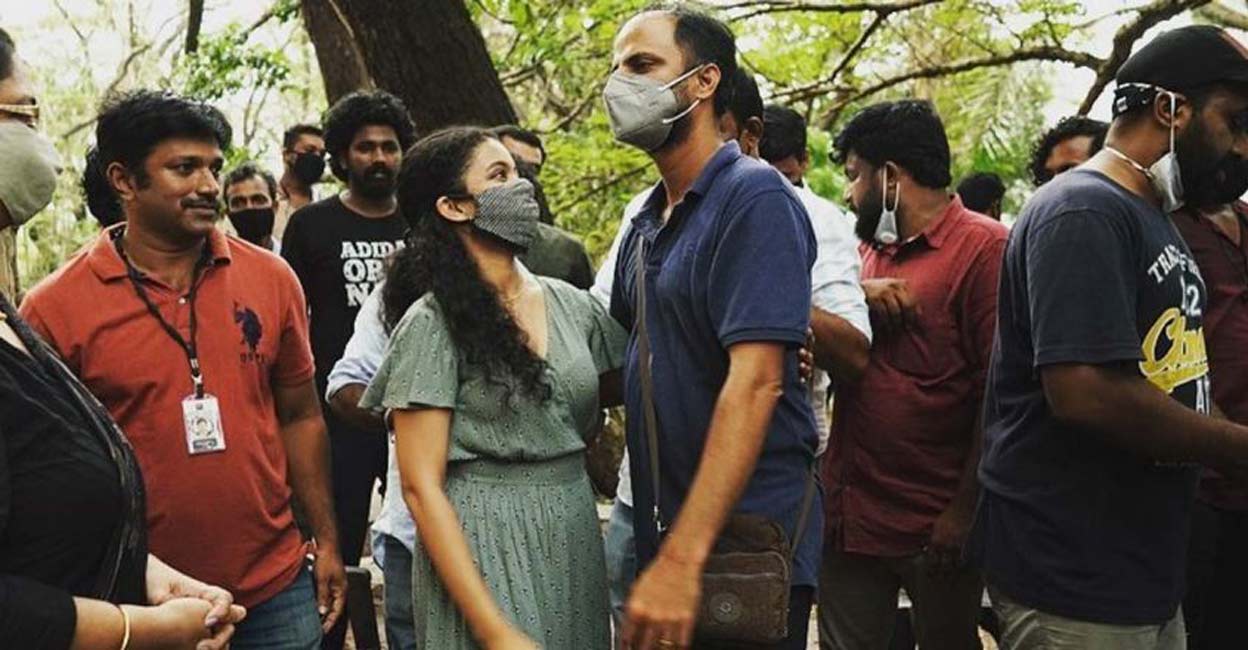
Jude admits he had initially believed that most people would turn against this movie. He imagined that only a small group of people would support him and hoped that the film would become relevant in the future. However, to his delight, a significant number of audiences supported the theme and the movie. “Those who oppose the theme would at least recognize the circumstances and the dialogues that are shown in the movie, as that would happen exactly in real life too. That indeed was my intention,” says Jude.
Inappropriate questions
“Once, my grandmother asked whether something was ‘wrong’ and advised me to consult a doctor; I was barely a year into my marriage then. There are lots of hidden meanings in such questions. I have shown them in the film too. I believe such questions are inappropriate. Even if it is your grandparents or a close relative, they shouldn’t ask such inappropriate questions. To a certain extent, one might be able to face these questions with a counter, ‘Haven’t you watched Sara’s?’ I believe that I have been able to raise a few questions in the minds of those who didn’t like this movie,” notes Jude.
Changed man
Earlier, Jude used to be restless and agitated when someone said he/she didn’t like his movie. He would think that they are just jealous. However, he swears he is a changed man now. He has begun thinking that everyone has the freedom to express their opinion. Jude hopes that at least some people would change with time, like he did. He disagrees with the way in which daughters are raised like future wives and mothers who are destined to leave their own homes. “We can live our own lives without becoming an annoyance for others. That is when they feel respected. When such things are shown through movies, it would get etched in the audience’s minds. A simple scene in a movie could affect or inspire people more than reading a heavy book. I must say that I too have changed a lot,” says Jude.
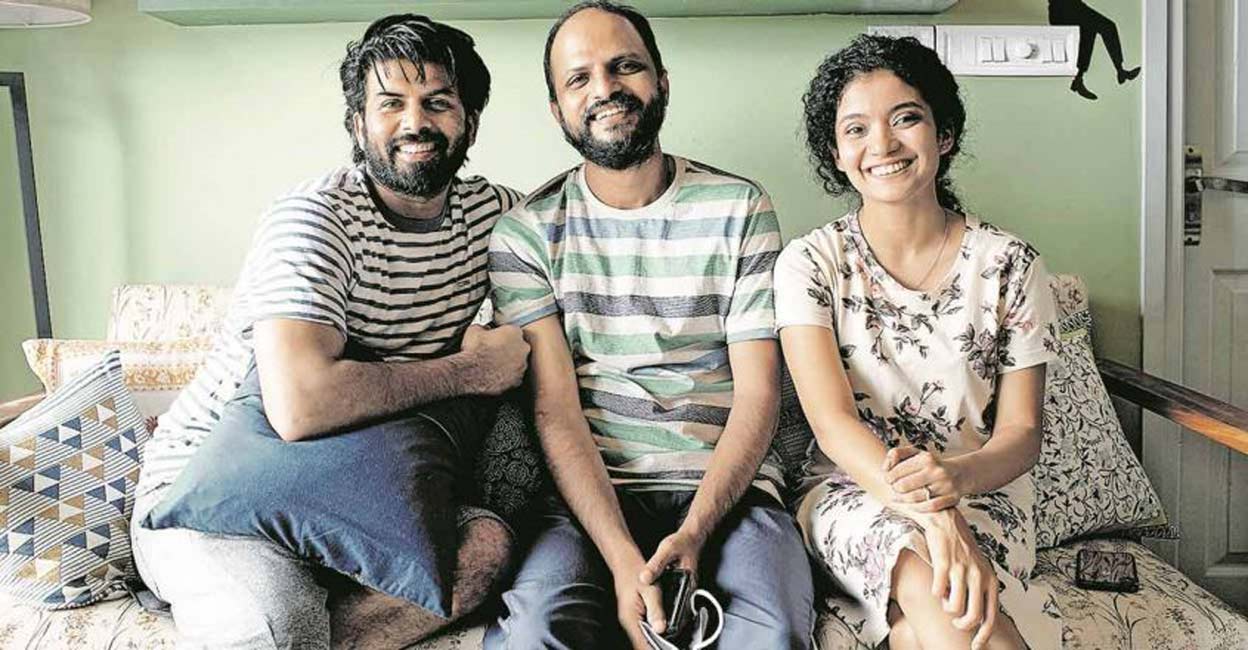
To those who appeal for life
Jude thinks that pro life activists are raising their voices for a foetus that hasn’t even become a living cell. Such attitude and arguments would only hurt the feelings of those who do not have kids. He even points out a few incidents when mothers, who were burdened with undesired pregnancy, have murdered their own kids. Jude says that in such cases, the society is actually ruining the lives of two people. The film maker confesses that he had included such a part in the movie too. However, he decided not to explore that part since he didn’t wish to make the film darker and sombre.
“All I am asking is to show an ounce of consideration to the woman who lives rather than the unborn child. I know no one would think like that. They keep saying that no one has the right to destroy a life. I too am saying the same thing. Both the arguments are interconnected. However, the question here is to choose the ‘life’ that should live,” Jude makes his stand clear.
Not worried about political correctness
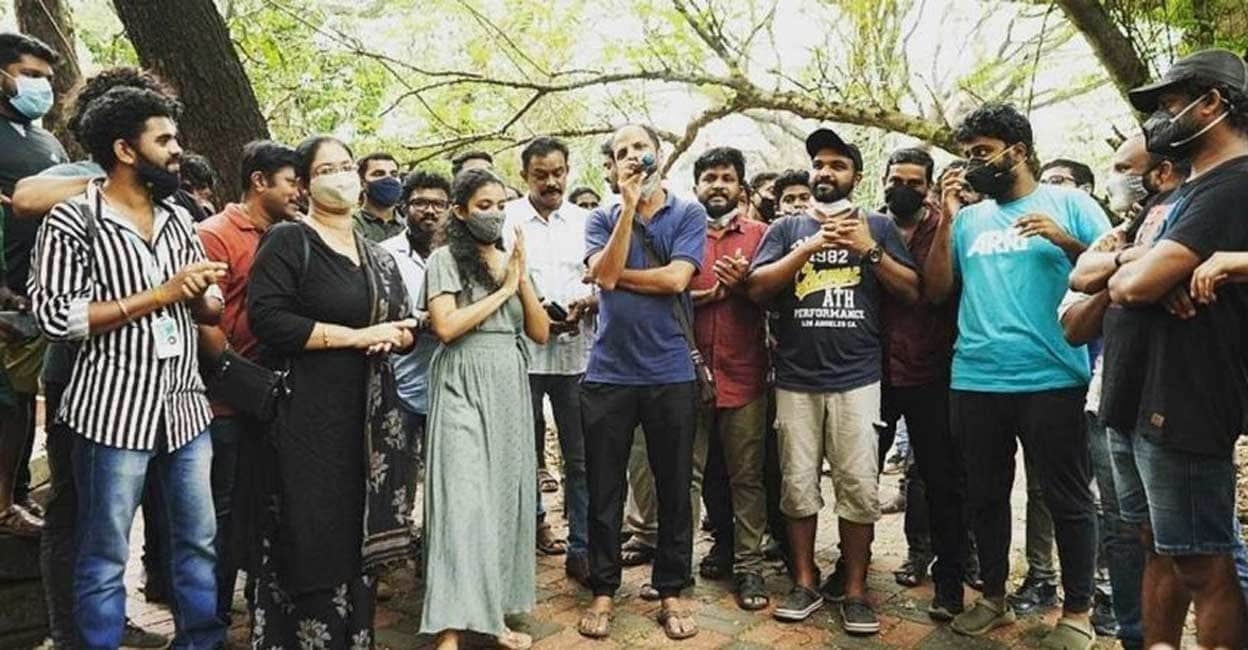
Sidhique’s scenes, that were the highlights of the movie, were shot at the Rajagiri hospital in Kochi. Jude says he had written the dialogues on the sets just before the scenes were filmed. The director confesses he felt uneasy when he went through the dialogues that were already written. He swiftly called screenwriter Akshay and told him that the movie might lose its significance at this point. Jude rewrote the dialogues many times as he was worried whether the entire sequence would go haywire. “I was determined not to hurt anyone. There are lots of people who can’t conceive kids. I didn’t want to hurt the feelings of those who have kids either. I am least bothered about political correctness. Parenting is a big thing. Not everyone can do it well. I have made clear that those who can’t commit to parenting shouldn’t become parents,” notes the film maker.
Let there be debates
“Sara’s doesn’t say whether one should or shouldn’t have children. All I am trying to say is that it should be a choice. The movie discusses the choices made by Sara. Everyone should have the freedom to discuss about the number of kids that they wish to have, before marriage itself. These are matters that shouldn’t be advised by someone else. Instead, it is something that should happen organically like breathing,” says Jude.
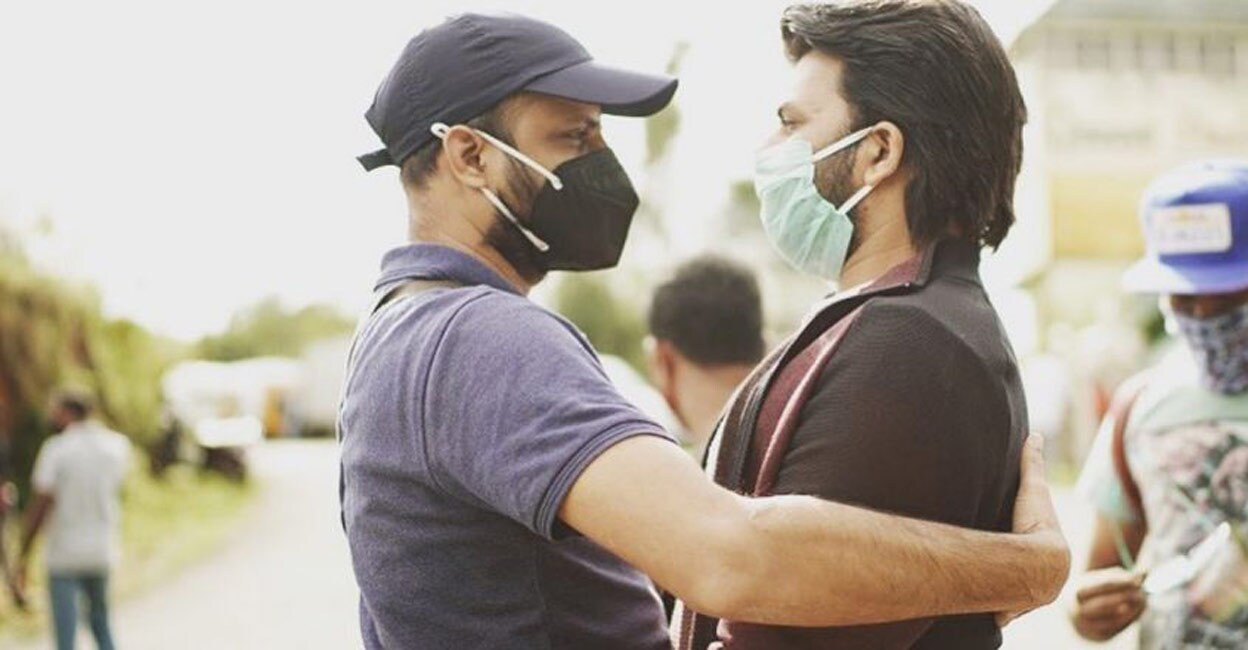
“There are people who say that the couple could have been careful if they didn’t want any kids. Condoms are not one hundred percent safe. This is written on the pack itself. One could become pregnant even if they use condoms. The relevant question here is whether the woman should go through pregnancy just because the contraceptive had failed. All I am saying is that let there be discussions and debates about this matter,” concludes Jude Anthany.


